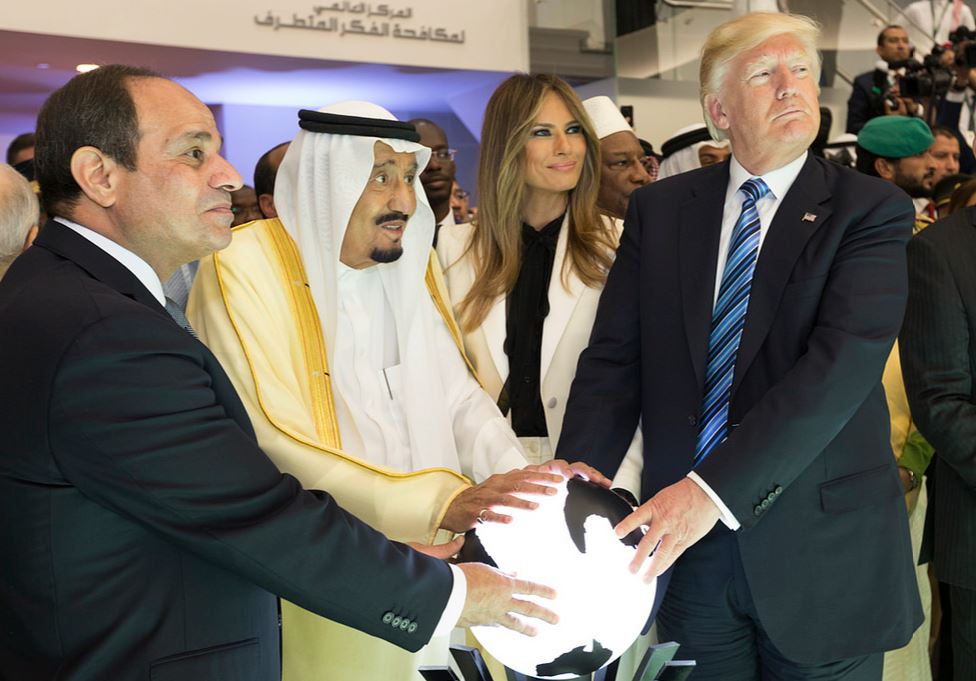President Donald Trump’s party lost control of the US House of Representatives in midterm elections held last week. However, that probably won’t have any effect on the general trajectory of Washington’s policy on the Middle East. The US Senate—the legislative arm that’s more likely to influence foreign policy—remains firmly under Republican control. More important, Trump and his closest foreign policy advisers on the Middle East, son-in-law Jared Kushner and National Security Advisor John Bolton, will continue to determine Washington’s posture on the most important issues affecting the volatile region.
Trump has played to the Israeli gallery by shifting the US embassy to Jerusalem, thus endorsing Israel’s position that the holy city is the indivisible and inalienable capital of the Jewish state. And by withdrawing US funding for the UN’s Palestinian refugee agency, he has validated Israel’s view that the descendants of Palestinian refugees have no ‘right of return’ to homes their forefathers were expelled from in 1948. This was not merely a financial move; it was above all a political declaration that the US no longer recognises the refugee issue as integral to the resolution of the Israel–Palestine conflict.
Israeli Prime Minister Benjamin Netanyahu has returned the favour by absolving Trump of all responsibility in the horrendous shooting at a Pittsburgh synagogue that left 11 worshippers dead. He did so despite the fact that mainstream US Jewish opinion points to Trump’s anti-immigrant rhetoric and his coddling of extreme-right white supremacists as having created the atmosphere that led to the Pittsburgh massacre. Trump and Netanyahu are ideological soul mates. The administration’s approach to the Israel–Palestine problem isn’t likely to be altered by the midterm elections, especially since pro-Israel sentiments in Congress cut across party lines.
Read the article by Mohammed Ayoob at The Strategist.

